
Janet Lee, LAC, DACM
Janet Lee, LAC, DACM
City: Overland Park, Kansas, USA
Visit types: Virtually and in person
Spoken languages: English
Interpreting services for other languages: No
I use acupuncture, Chinese herbs, and functional nutrition to help address pain and inflammation. Acupuncture helps regulate the nervous system, triggers anti-inflammatory compounds, helps regulate immune function, and increases the body’s internal painkillers, and Chinese herbs can help with improving blood flow and decreasing inflammation. Nutrition helps address inflammation in the body.
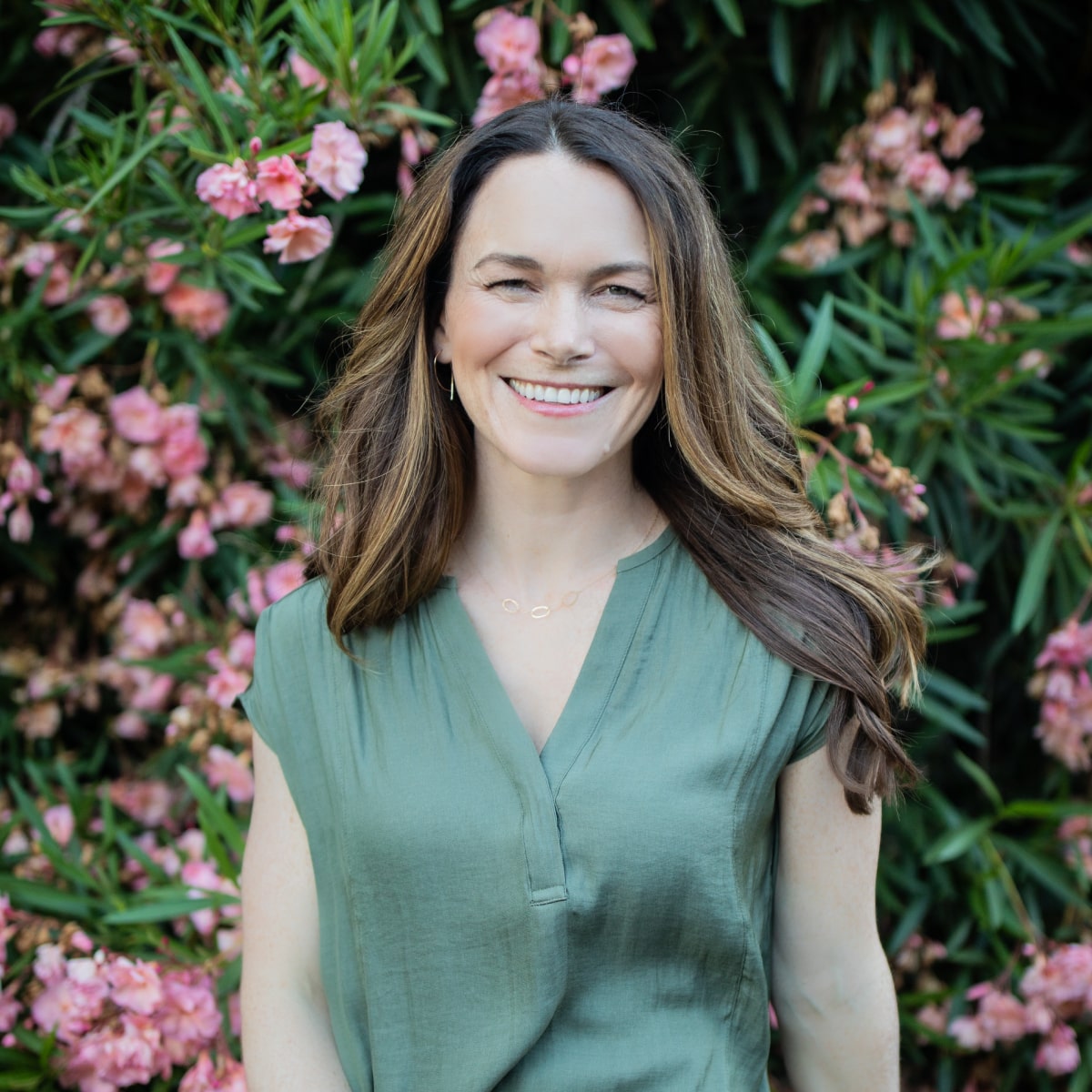
Niki Rarig, ND, LAc
Niki Rarig, ND, LAc
City: San Luis Obispo, California, USA
Visit types: Virtually and in-person
Spoken languages: English
Interpreting services for other languages: No
My approach to endometriosis is very collaborative. I encourage patients to build their team of providers, which may include an excision surgeon, OBGYN, reproductive endocrinologist, acupuncturist, pelvic floor PT, mental health, and nutrition support. Acupuncture can address the physical, mental, and emotional aspects of chronic pain and can improve the quality of life for patients living with endometriosis. I am also a licensed Naturopathic Doctor and often discuss and prescribe supplements, medications, herbs, nutrition, and lifestyle changes with my patients. Many patients with endometriosis also have significant digestive and bladder issues, so I often do workups and treatment for conditions such as irritable bowel syndrome (IBS), Small Intestine Bacterial Overgrowth (SIBO) and Interstitial Cystitis (IC).

Lisa Grant, LAc, NCCAOM Dipl OMD, FABORM
Lisa Grant, LAc, NCCAOM Dipl OMD, FABORM
City: Las Vegas, Nevada, USA
Visit types: Virtually and in person
Spoken languages: English, Japanese
Interpreting services for other languages: No
I take a holistic, functional approach to treating endometriosis pain. Acupuncture and Chinese herbs can help relieve pain and, to a degree, treat the underlying hormonal imbalances that cause endometriosis. But it takes integrated lifestyle changes, including good nutrition, appropriate supplements, exercise, maintaining detoxification pathways in the body, sleep, etc., to manage endo pain well. In severe cases, it can take a combination of my approach and surgery to get the pain. My goal is to work with you to get the care you need so you can feel better and have a better quality of life.
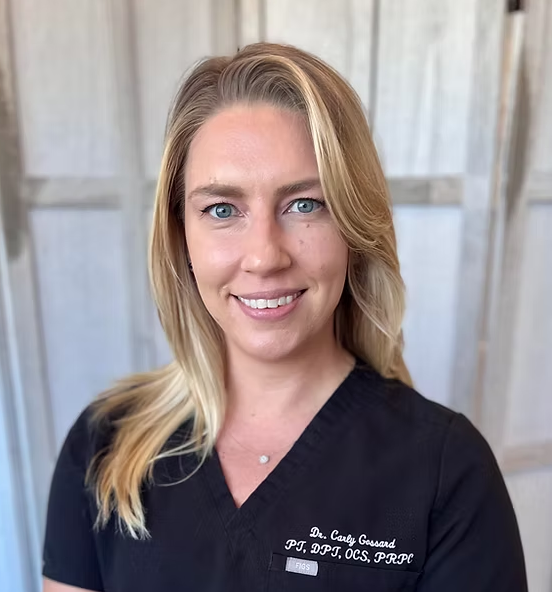
Carly Gossard, PT, DPT, OCS, PRPC
Carly Gossard, PT, DPT, OCS, PRPC
City: Montvale, New Jersey, USA
Visit types: Office; Hospital
Spoken languages: English, Spanish (clinically fluent)
Interpreting services for other languages: No
At EPH, we believe in treating the entire person. We are all trained through the Herman and Wallace Pelvic Rehabilitation Institute and have additional training and certifications in visceral manipulation, yoga, pilates, and orthopedics. We are proud to have a trusted list of allied professionals and endometriosis specialists locally, including Dr. Liu, Dr. Vidali, and Dr. Bagaria, and often refer out mental health professionals as well. We have a team approach with our clinicians to continually learn and provide support to each other. We are also teammates with our patients to ensure they are well cared for and receive everything they need for progress and continued success.
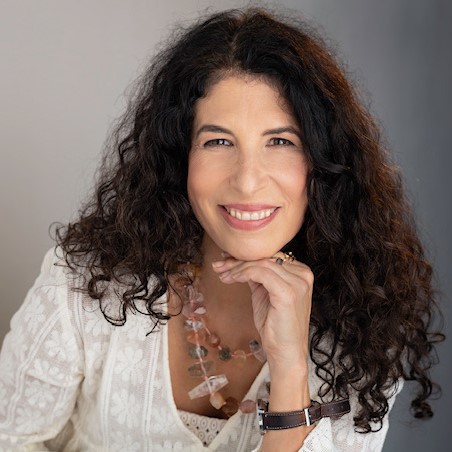
Denise Weisner, DACM, L. AC
Denise Weisner, DACM, L. AC
City: San Diego, California, USA
Visit types: Virtually and in person
Spoken languages: English
Interpreting services for other languages: No
My number one goal is to help relieve endometriosis pain and help the patient have a more comfortable menstrual period and ovulation. This involves not only acupuncture but also recommending diet, lifestyle, supplements, and herbs.

Jessica Angowski, PT, DPT, YTT-200
Jessica Angowski, PT, DPT, YTT-200
City: Montvale, New Jersey, USA
Visit types: Office/Hospital
Spoken languages: English
Interpreting services for other languages: No
As a pelvic floor physical therapist, my philosophy of care for patients with endometriosis centers around a holistic, individualized approach that addresses both the physical and emotional aspects of the condition. I prioritize creating a safe, compassionate space where patients feel heard and supported. Treatment strategies often include visceral mobilization to improve the mobility of the pelvic organs and reduce adhesions, myofascial release to relieve tension in the pelvic floor and surrounding musculature, and pelvic floor strengthening or relaxation exercises to help balance muscle tone. I may also incorporate yoga therapy and breathing techniques to promote pelvic mobility and manage stress, which can exacerbate symptoms. Education on posture, body mechanics, and lifestyle adjustments is an essential part of care, as it empowers patients to better manage their symptoms and improve their quality of life. Ultimately, my goal is to provide a comprehensive, collaborative treatment plan that promotes healing, symptom relief, and overall well-being.
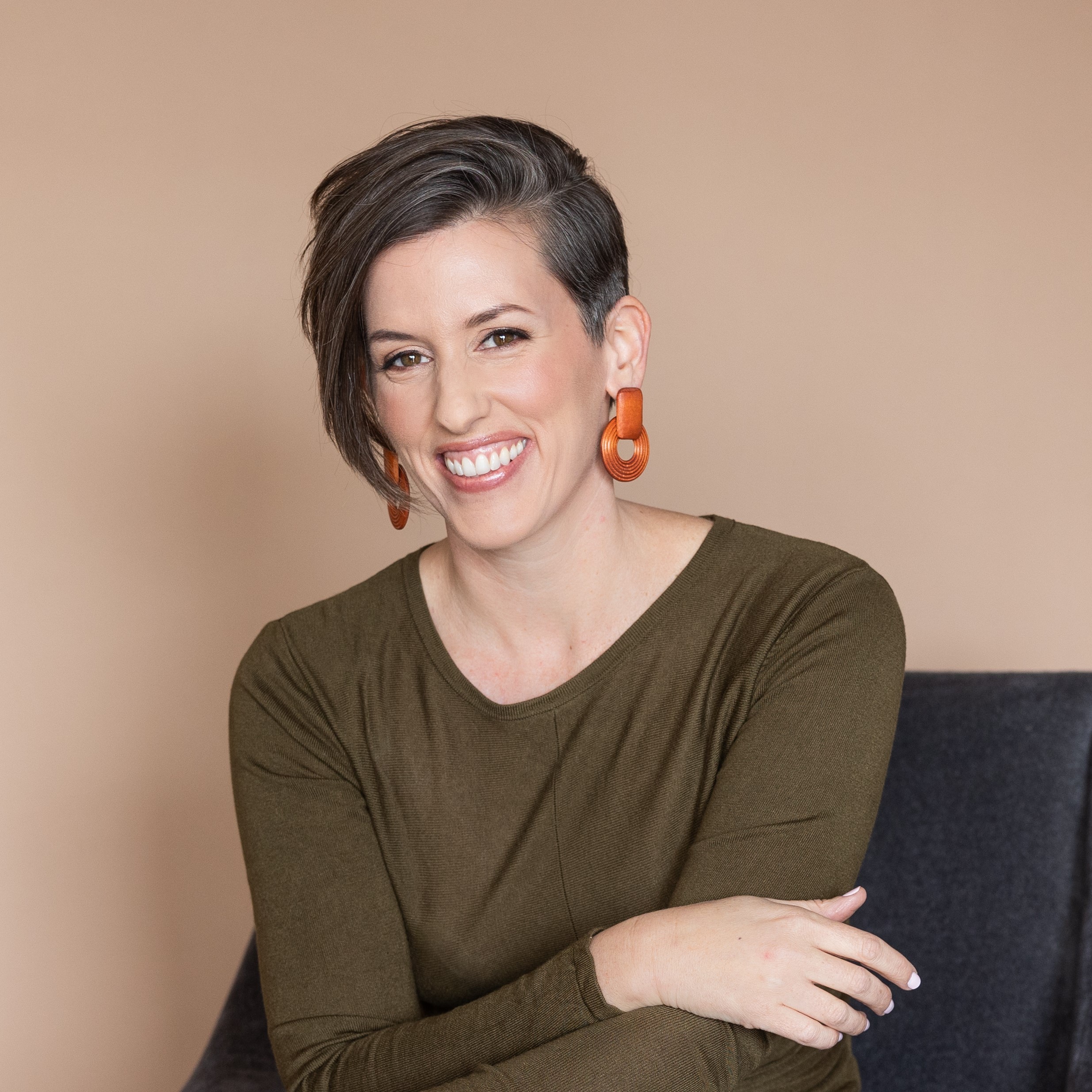
Merritt Jones, DAIM, LAc, MS
Merritt Jones, DAIM, LAc, MS
City: San Diego, California, USA
Visit types: Virtually and in person
Spoken languages: English
Interpreting services for other languages: No
We often say in our clinic that with endo, it takes a village. I enjoy working alongside the best excision surgeons, pelvic PTs, and mental health therapists in the industry.
My role as an integrative acupuncturist is to offer tools for pain management and overall better quality of life while living with endometriosis. I believe that a comprehensive approach to supporting the endometriosis patient means addressing the physical, mental, and emotional aspects of care.
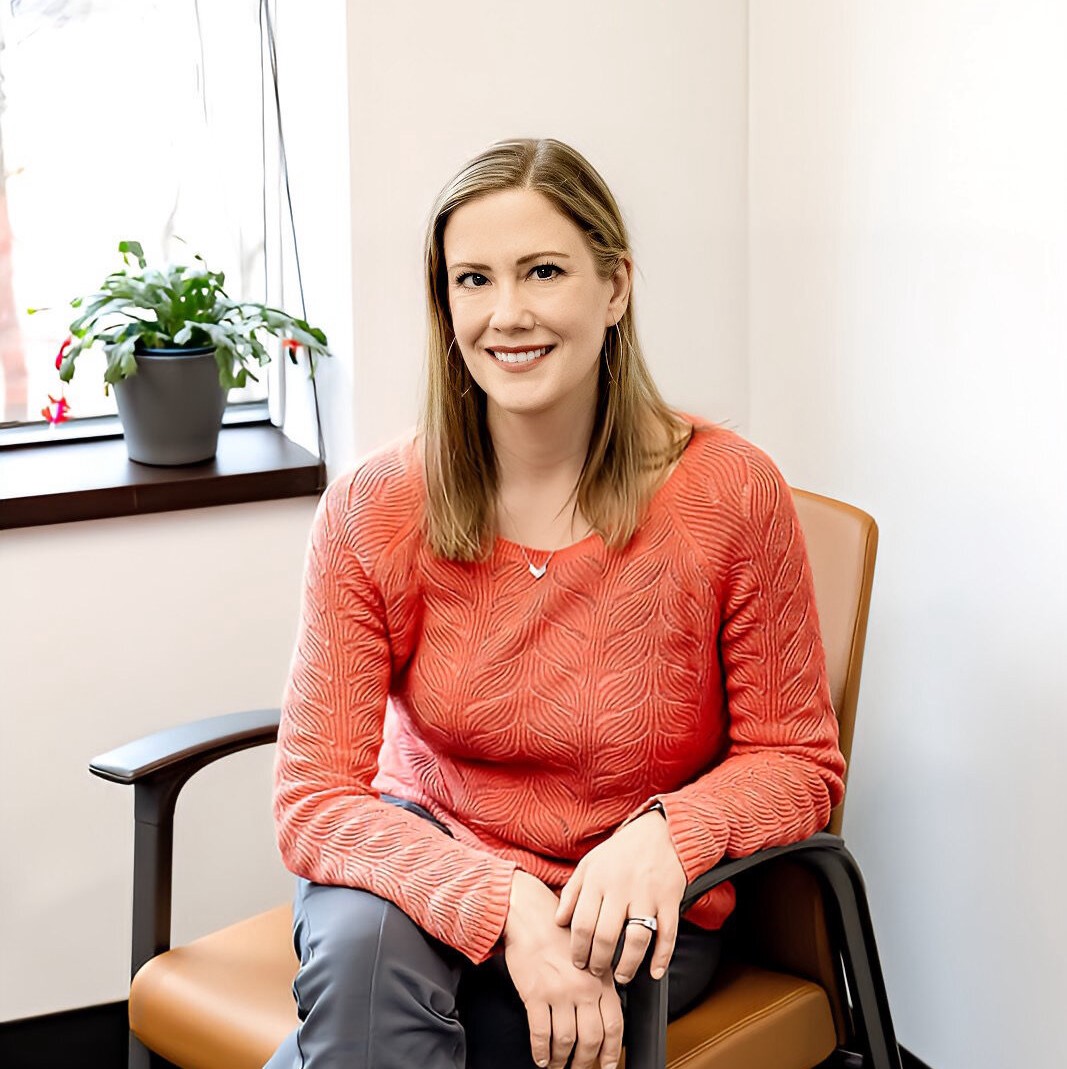
Bethany Hansen, PT, DPT
Bethany Hansen, PT, DPT
City: Edina, Minnesota, USA
Visit types: Home; Virtual
Spoken languages: English
Interpreting services for other languages: No
I believe a multidisciplinary approach that includes pelvic floor physical therapy can offer the best outcome. Treatments focus on manual therapy, including deep tissue mobilization, trigger point release, myofasical release, visceral mobilization, and internal pelvic floor work, exercise, nervous system calming strategies, and referrals to other complimentary providers (endo excision specialist surgeon, functional medicine dietician, acupuncture, etc.).

Megan Luybli, MS, RDN, LDN
Megan Luybli, MS, RDN, LDN
Visit Type: Office
City: Bethlehem, PA
Spoken languages: English
Interpreting services for other languages: No
We value patient-centered care, meaning that we are here to support the decisions that are best for you rather than the decisions others may think are best. We know living with endo is exhausting and excruciating, and you don’t need to go at it alone. We are a weight-inclusive and HAES® aligned practice, meaning we’re here to help better your relationship with food and your body. We also specialize in eating disorder recovery.
We know that gentle nutrition may be helpful in managing endo symptoms. Hot take: we also know food isn’t the end-all-be-all to heal your endo. We’re here to help alleviate GI symptoms while also supporting you in other ways that you may need (ie. advocating for you when you go to the doctor).
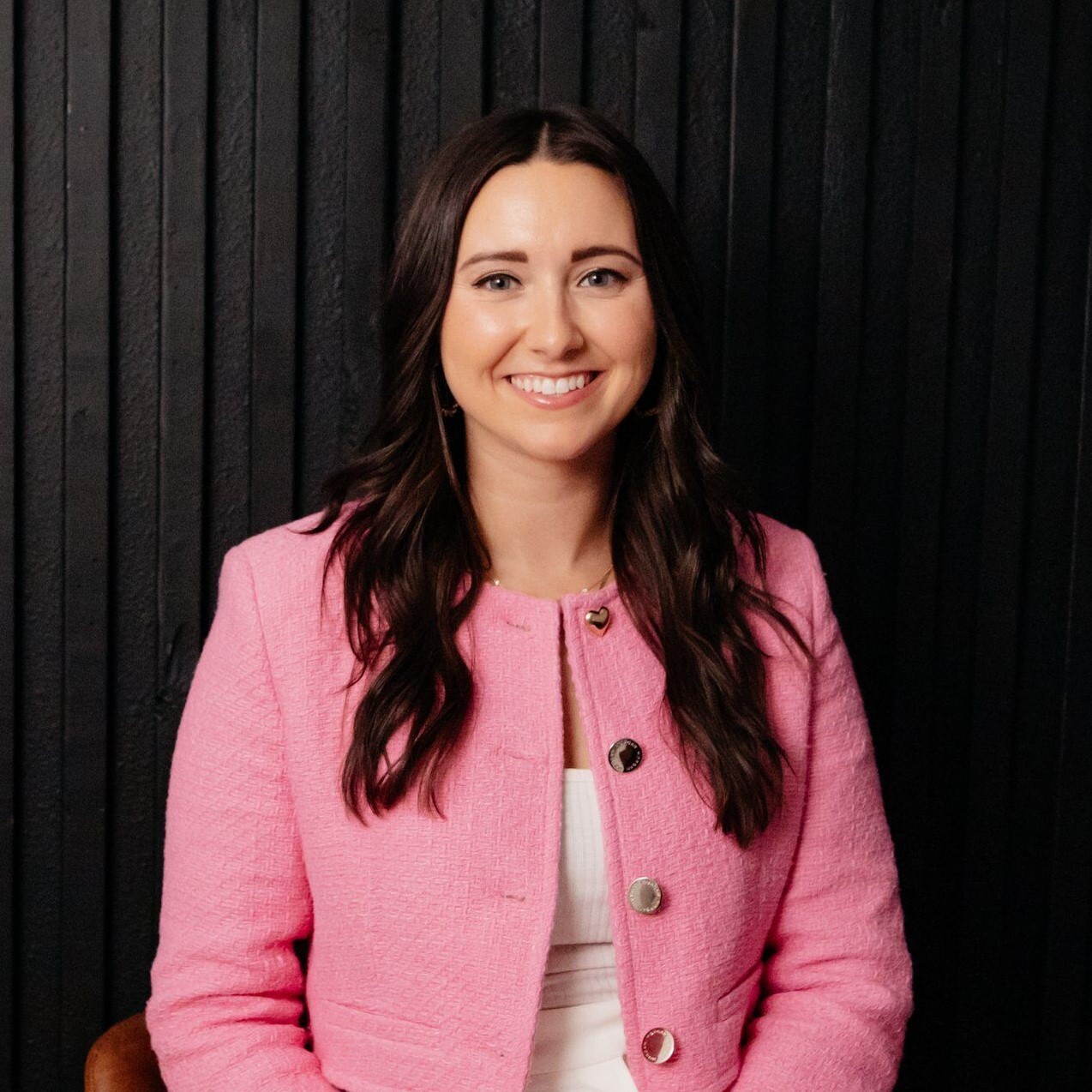
Amelia May, PT, DPT
Amelia May, PT, DPT
City: Denver, Colorado, USA
Visit types: Home; Virtual
Spoken languages: English
Interpreting services for other languages: No
At Genesis, we are a holistic pelvic floor therapy practice that uses a whole-body approach, which is all one-on-one personalized treatment. Genesis focuses not only on alleviating pain but also on empowering individuals to reclaim their active lives while feeling fully supported and validated. I am passionate about empowering folks to feel their best at all stages of life, especially exercise lovers, from CrossFit and running to Pilates and barre! I have a strong background in orthopedics and love to intertwine that knowledge with my pelvic health expertise.
My typical treatment strategies for Endometriosis & Endo-related pain involve home exercise prescription, [certified in] functional dry needling, cupping, some visceral mobilization, soft tissue work, myofascial release, internal vaginal and/or rectal work, lifestyle modifications/help, and more.
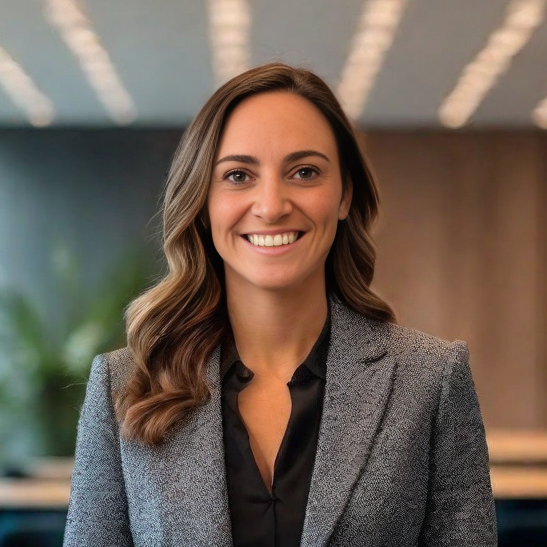
Dr. Jill Ingenito
Dr. Jill Ingenito
Dr Jill Ingenito – Endometriosis Specialist
Summary: Dr Jill Ingenito is an experienced endometriosis specialist based in Centennial, Colorado, dedicated to providing comprehensive, patient-centered care. Dr Jill Ingenito approaches endometriosis as a multifactorial disease, considering key theories such as retrograde menstruation, coelomic metaplasia, immune dysfunction, and genetic factors. This broad understanding guides her personalized treatment plans, which include excision surgery and tailored hormonal therapies like combined oral contraceptives, progestins, and GnRH modulators. Dr Jill Ingenito emphasizes a multidisciplinary approach, integrating pelvic floor therapy, dietary changes, and pain management to address persistent symptoms. For ongoing pain after surgery, she recommends NSAIDs, neuromodulators, and low-dose naltrexone to reduce inflammation and nerve-related discomfort. Her patient-focused philosophy prioritizes shared decision-making and holistic care to improve quality of life. With a commitment to staying current on emerging research, Dr Jill Ingenito combines expertise and compassion to support women through every stage of their endometriosis journey.
City: Centennial, Colorado, USA
Philosophy of Endometriosis Care: Endometriosis is a complex condition with multiple proposed theories of origin, and I approach its treatment with this multifaceted nature in mind. Here are the key theories I consider and how they influence my approach:
1. Retrograde Menstruation Theory: Endometrial-like tissue flows backward through the fallopian tubes into the peritoneal cavity during menstruation, where it implants and grows.
Influence on Treatment: This theory underscores the importance of hormonal suppression to reduce menstrual flow and mitigate disease progression. Treatments like hormonal contraceptives, progestins, and GnRH modulators can help control symptoms and prevent recurrence.
2. Coelomic Metaplasia Theory: The peritoneal lining transforms into endometrial-like tissue due to genetic or environmental factors.
Influence on Treatment: This theory supports the need for a holistic approach, including addressing potential environmental triggers and reducing inflammation through lifestyle modifications, diet, and anti-inflammatory therapies.
3. Stem Cell Theory: Stem cells from the bone marrow or endometrium migrate to ectopic locations and differentiate into endometrial-like tissue.
Influence on Treatment: This theory emphasizes the potential role of immune system modulation and ongoing research into regenerative therapies.
4. Immune Dysfunction Theory: Impaired immune surveillance allows ectopic endometrial-like tissue to implant and persist.
Influence on Treatment: I focus on optimizing the immune environment through anti-inflammatory strategies, adjunctive therapies (e.g., low-dose naltrexone), and encouraging overall immune health.
5. Genetic and Epigenetic Theories: A genetic predisposition and epigenetic modifications may make certain individuals more susceptible to developing endometriosis.
Influence on Treatment: Understanding that endometriosis is likely influenced by heritable factors helps me counsel patients on recurrence risk and tailor long-term management strategies.
6. Lymphatic and Hematogenous Spread Theory: Endometrial-like cells spread through the lymphatic system or bloodstream, explaining distant lesions.
Influence on Treatment: This theory highlights the importance of a systemic approach to the disease, particularly in cases with extra pelvic manifestations.
My Approach:
Excision Surgery: Recognizing that excision addresses the visible and tangible lesions of endometriosis regardless of origin, I prioritize this approach for definitive treatment.
Multidisciplinary Care: I integrate pelvic floor physical therapy, dietary interventions, pain management strategies, and psychological support to address the systemic impact of the disease.
Patient-Centered Care: I emphasize shared decision-making, tailoring treatment plans based on the severity of symptoms, goals, and individual patient needs.
Ongoing Education and Research: Staying updated on emerging theories and treatments is critical to providing the most effective care.
By addressing endometriosis as a multifactorial condition, I aim to provide comprehensive and compassionate care that not only alleviates symptoms but also improves the overall quality of life for my patients.
What type of surgery do you perform for endometriosis: Excision
Medication: In my practice, I incorporate a range of medications tailored to the individual needs of patients with endometriosis, always balancing symptom relief with long-term management goals. Here’s an overview of the medications I use and how I recommend them:
I frequently use hormonal therapies. Combined oral contraceptives (COCs) are a first-line option for mild to moderate symptoms or as a trial before more invasive interventions. These are used continuously or cyclically to suppress ovulation and reduce menstrual flow, which helps decrease inflammation and pain by reducing hormonal cycling. Progestins, such as norethindrone acetate, dienogest, or medroxyprogesterone acetate, are another option, particularly for patients who cannot tolerate estrogen or prefer non-estrogen approaches. These can be delivered orally, via injection (Depo-Provera), or intrauterine (e.g., Mirena IUD), thinning endometrial tissue and suppressing ovulation to reduce lesion activity and pain. GnRH agonists and antagonists, such as leuprolide (Lupron) or elagolix (Orilissa), are often used for moderate to severe symptoms or as an adjunct to surgery. These induce a hypoestrogenic state and are used short-term due to side effects like bone density loss, often combined with add-back therapy to mitigate these side effects. For long-term management, especially for those seeking contraception, levonorgestrel-releasing IUDs (e.g., Mirena or Kyleena) provide localized progestin release, reducing heavy bleeding and pelvic pain with minimal systemic effects.
Approach to Persistent Pain After Surgery: I often recommend NSAIDs, such as ibuprofen or naproxen, for acute pain or in combination with other therapies. These are most effective when taken around the clock during symptom flares to reduce prostaglandin-mediated inflammation and pain. Neuromodulators like gabapentin or amitriptyline are used for neuropathic or chronic pelvic pain that persists despite hormonal or surgical management, typically initiated at low doses and titrated as needed. Low-dose naltrexone is another option for chronic pain and inflammation, taken nightly with patient education about its gradual onset. For bowel-related symptoms, I may use antispasmodics like dicyclomine as needed during symptom flares to reduce smooth muscle spasms.
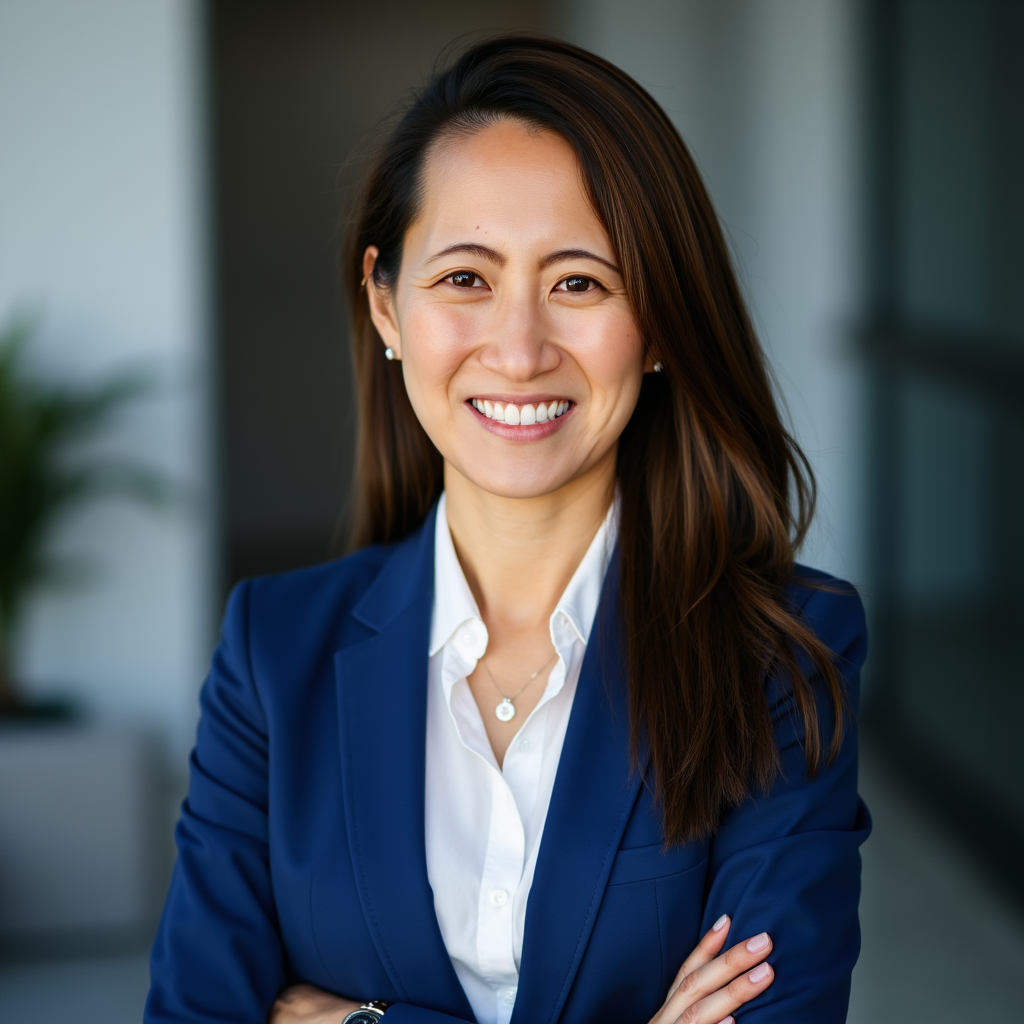
Dr. Amanda Chu
Dr. Amanda Chu
Amanda Chu MD – Endometriosis Specialist
Summary: Dr Amanda Chu MD is a highly regarded endometriosis specialist based in New York City. With a patient-centered philosophy, Dr Amanda Chu MD emphasizes that no single theory fully explains endometriosis, though she draws from retrograde menstruation, coelomic metaplasia, and emerging research in epigenetics and immune dysfunction to guide individualized care. She specializes in excision surgery, supported by thoughtful use of continuous progesterone-only medications to manage symptoms while avoiding more aggressive hormonal therapies when possible. Dr Chu takes a holistic approach to persistent pain after surgery, focusing on reducing inflammation and addressing musculoskeletal and neuropathic pain through non-invasive strategies. She acknowledges the importance of treating coexisting conditions and embraces complementary medicine as part of a broader, multidisciplinary care plan. Patients can expect compassionate, personalized treatment that integrates the latest research and whole-person care principles.
City: New York City, USA
Philosophy of Endometriosis Care: No single theory adequately explains all presentations of endometriosis, but I believe that certain theories play more of a role in individual patients. Older theories have merit, e.g., retrograde menstruation and coelomic metaplasia, but we are constantly increasing our knowledge of endometriosis, & I think that epigenetics and immune dysregulation will become increasingly important.
What type of surgery do you perform for endometriosis?: Excision
Medication: Currently, hormonal medications are a useful and, at times, necessary adjunctive for cyclic symptoms and ovarian cyst prevention. Typically, I utilize continuous progesterone-only medications with the goal of amenorrhea/anovulation. I prefer to avoid GnRH agonists/antagonists for long-term use, given their severe side effect profile.
Approach to Persistent Pain After Surgery: Postoperatively, I prefer to focus on finding less invasive ways to decrease inflammatory, musculoskeletal, & neuropathic pain rather than repetitive procedures. I believe in treating all etiologies of pain, including often coexisting comorbidities, and well as being receptive to approaches that expand beyond traditional Western medicine. Finally, the mental & social impact of endometriosis cannot be overstated, and a multidisciplinary team is essential.

